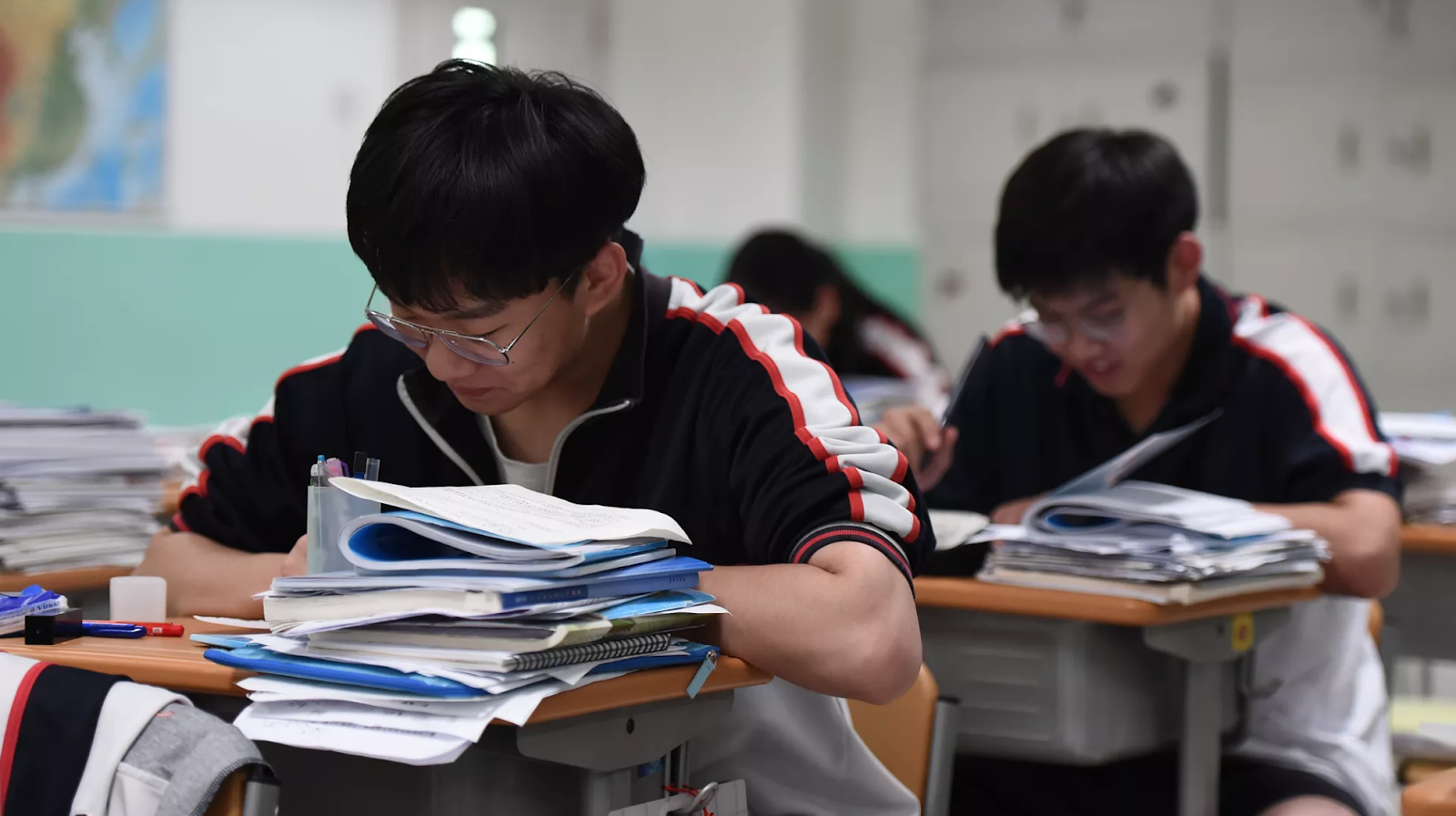Chinese students with foreign passports will face tougher school admission requirements
On June 10, Chinese education authorities issued a new directive, ordering Chinese universities to tighten application requirements for students who have foreign passports but attend Chinese schools for most of their education.

Many well-off Chinese families, to give their children more choices in life, find ways to obtain foreign passports for their children — America, Canada, Australia, and New Zealand have been the most popular providers of citizenship for the last two decades. A foreign passport not only allows these children to live abroad and travel more freely, but it also enables them to enjoy a string of preferential policies for foreign citizens in China, such as lower admission standards for overseas applicants in Chinese universities.
Over the years, this phenomenon has been widely criticized by people who don’t have this type of privilege, especially given that a considerable number of these “foreign” students actually spend little time abroad and attend international branches of Chinese schools.
But this is going to change.
On June 10, Chinese education authorities issued a new directive, ordering Chinese universities to tighten application requirements for students who have foreign passports but attend Chinese schools for most of their education.
The document (in Chinese), issued by China’s Ministry of Education (MOE), notes that starting next year, students who have foreign citizenship and want to apply for undergraduate programs at Chinese universities need to meet a set of requirements to be considered overseas applicants. When they submit their applications, they have to present foreign passports that will be valid for four years and longer. If an applicant was born overseas and at least one of their parents is a Chinese citizen, they also need to show proof of them living abroad for at least two years in the past four years before enrollment.
The regulations also apply to students from Hong Kong, Macao, and Taiwan.
To further explain the rules, a spokesperson for MOE said (in Chinese) in a press conference that for international students who are currently enrolled in Chinese high schools but fail to meet the requirements of overseas residency, they can take the gāokǎo (高考) examination, China’s college entrance test, as long as they have permanent residence in China.
The MOE spokesperson also stressed that Chinese colleges need to carefully examine the nationality status and qualifications of international applicants, adding that they are encouraged to consult with government departments if necessary.
In China, the competition for places in higher education, especially prestigious institutions like Peking University and Tsinghua University, is fierce. Each year, millions of Chinese students need to take the gaokao examination, a high-stakes make-or-break test that has the power to determine a student’s future prospects.
In a stark contrast to the brutality of the gaokao, driven by their desire to be seen as global institutions, Chinese universities often adopt lower admission standards for international students in order to attract more foreign applicants. Over the years, this preferential practice has endured many waves of public outrage. For example, in 2017, Beijing’s Tsinghua University faced an intense backlash after changing its admission requirements for international students, allowing them to apply without taking a written test for the first time in the school’s history.






